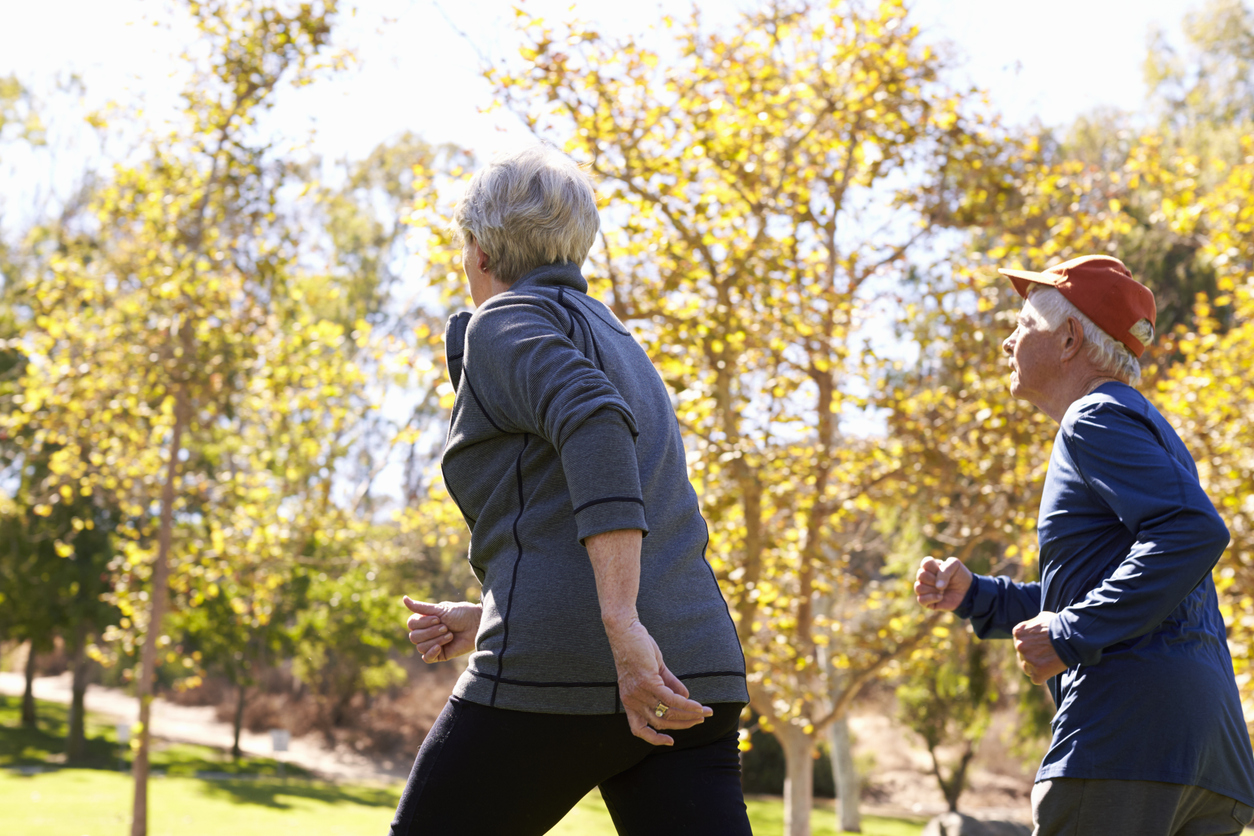Let’s celebrate the incredible achievements of older athletes and embrace the idea that age is just a number when it comes to fitness. Take Ned Overend, for example, who at 59 years old, won the National Fatbike Championships in Ogden, Utah, competing against much younger athletes. His success is a testament to the fact that staying active and fit is possible at any age.
Joe Friel’s book, “Fast After 50,” explores this concept further. Friel, an experienced endurance coach, discovered that while aging inevitably brings physical changes, maintaining fitness and even improving performance is achievable through proper training and lifestyle choices. His research emphasizes that behavior and lifestyle have a more significant impact on our fitness levels as we age than genetics alone.
One of the key takeaways from Friel’s work is the importance of high-intensity interval training (HIIT). While many older athletes might gravitate towards long, slow distance (LSD) workouts, Friel argues that incorporating intense sessions is crucial for maintaining aerobic capacity and muscle strength. Studies have shown that athletes who continue to push themselves with high-intensity workouts experience a much smaller decline in their VO2 max compared to those who stick to less intense exercise routines.
Beyond just exercise intensity, Friel highlights other vital factors for staying fit as we age. Strength training helps develop younger muscles and boosts hormone production. Adequate protein intake supports muscle maintenance, and quality sleep is essential for recovery and performance. Additionally, balancing active and passive recovery ensures that the body can repair and grow stronger without overtraining. By adopting these practices, age is just a number so unleash your inner athlete and continue to enjoy your favorite activities!


